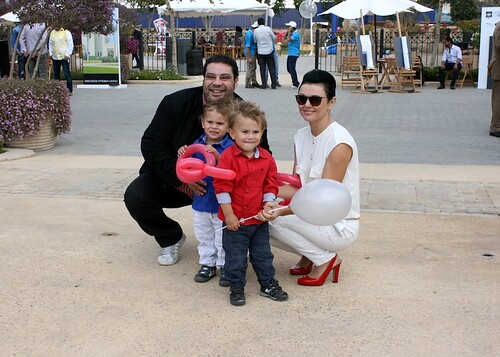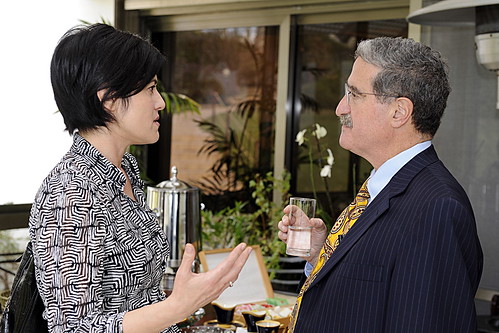Almost every potential client I meet with wants to minimize the negative effects of divorce on the children. So many couples want to consciously have a healthy co-parenting relationship. And as parents, we know our kids better than anyone and should be able to make decisions about what our children need.
Over my years of
practicing family law, I have also learned that children benefit from having a voice in the process and an opportunity to feel heard. And they need a safe place to talk about what they are struggling with during the divorce. Not surprisingly, kids do not want to tell mom or dad things they think will hurt their feelings yet, they can feel torn, even with the best of intentions by both parents. What we know is that kids have undivided loyalty to both parents. They can say very conflicting things to each parent (if the parents compared notes between them) yet, it was their truth each time they said it. They are afraid sometimes to speak about what they need, because they don’t want to “make waves” or cause sadness.
When I went through my divorce, my former spouse and I worked with a
Neutral Child Specialist in the
Collaborative process. After meeting with the specialist and talking about our kids’ temperaments, developmental needs, sibling dynamics and our concerns, the specialist met with our kids once together and then individually. We then had a feedback session that provided us with some great insights by and about our kids that we used to create our
parenting plan. We learned what we were doing well, where our kids were struggling, what they worried about and how we could better help them. We knew some things already, but also learned a lot while hearing things framed in a positive and constructive manner from the neutral.
Then, about a year and a half later, my son (then almost 10) asked when he could go back and talk to that woman who helped us with our divorce. Rather than pressing him about what prompted the request, his dad and I set up an appointment with him to check in with the Neutral Child Specialist. Low and behold, he was feeling a lot of stress each week because there were too many transitions between houses. We thought that our kids needed to see us each regularly but learned that the number of transitions was really hard on him. So when we met together with the specialist, we created a new plan that kept us regularly involved in the kids’ lives, but decreased the number of transitions from 7 to 4 every two weeks. Our son was worried that one of us would think that he didn’t like spending time with us if the time changed and that he was choosing one parent over the other despite having a great relationship with each of us.
We were so glad that he had someone he felt safe with in voicing what wasn’t working for him and he could ask for help. It was so much easier for him to talk to a neutral person, rather than worrying about how we might take what he was saying wrong. It was so helpful to hear from the specialist and have a safe place for us to problem solve. This is how the collaborative process helps keep children in the center, but not in the middle.
 Besides being a family law attorney, I am a divorced mother of a teenager. My daughter was 9 when her dad and I separated. Parenting is not for the faint of heart, even with a great kid. I cherish the fact that I have a strong co-parenting relationship with my daughter’s father as we celebrate the successes and face the challenges of launching a young woman into independence.
So it bothers me when I see divorced women torpedoing the co-parenting relationship. I don’t seem to attract these kind of women as my clients, but I meet them socially or hear the stories from others (None of the moms below were my clients). The following is my advice to those women, because I have lived it.
Besides being a family law attorney, I am a divorced mother of a teenager. My daughter was 9 when her dad and I separated. Parenting is not for the faint of heart, even with a great kid. I cherish the fact that I have a strong co-parenting relationship with my daughter’s father as we celebrate the successes and face the challenges of launching a young woman into independence.
So it bothers me when I see divorced women torpedoing the co-parenting relationship. I don’t seem to attract these kind of women as my clients, but I meet them socially or hear the stories from others (None of the moms below were my clients). The following is my advice to those women, because I have lived it.





